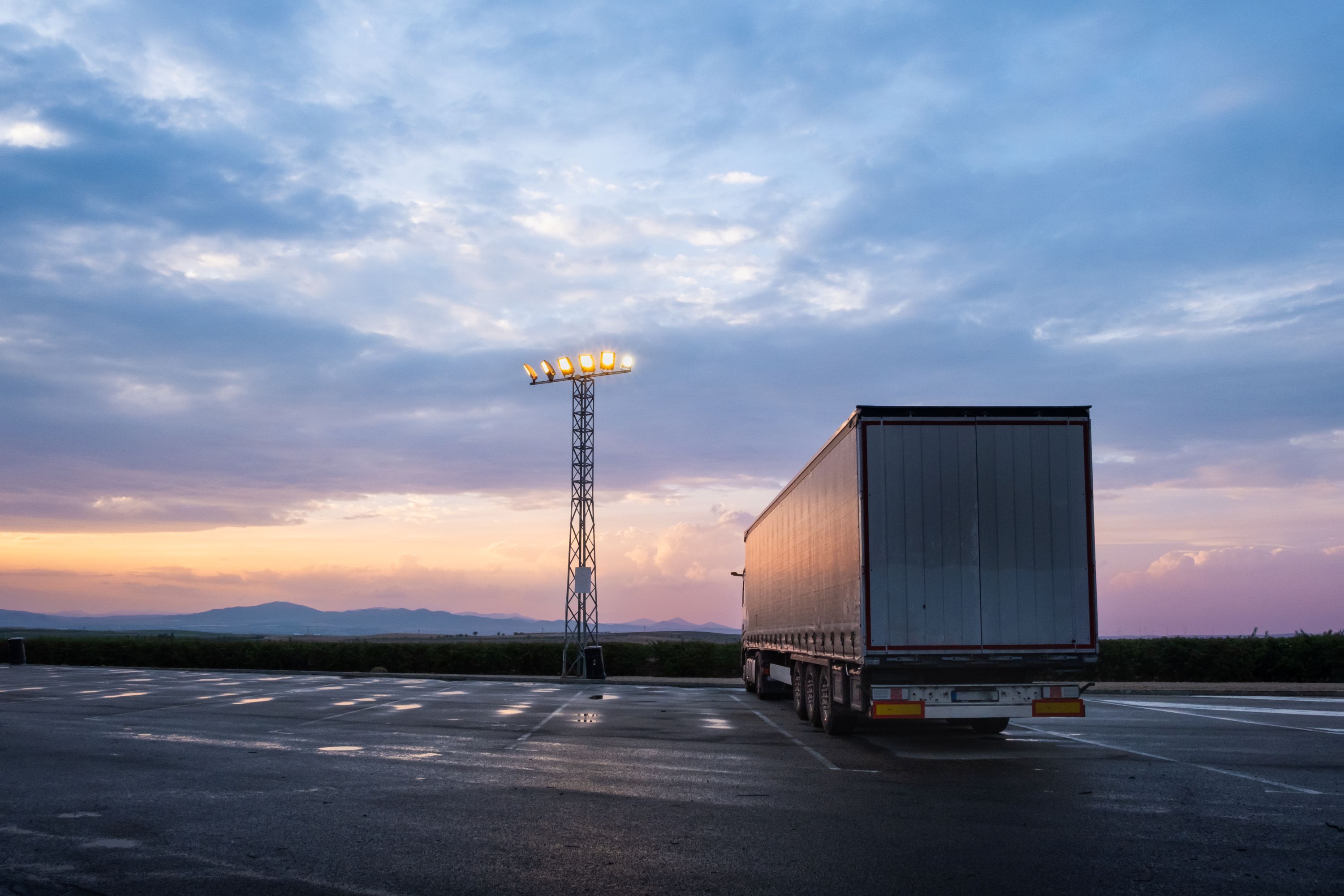
Guest
The Impact of the 2025 Iberian Peninsula Blackout on Road Haulage
Created: 04/06/2025
•
Updated: 04/06/2025
On 28 April 2025, a widespread power outage swept across the Iberian Peninsula, leaving millions of homes, businesses and public services in Spain and Portugal without electricity. The Spain-Portugal blackout, which began at 12:33pm local time, affected major cities including Madrid, Barcelona, Lisbon and Porto, as well as large parts of the surrounding regions. In some areas, power returned within four to six hours; in others, the disruption lasted well into the following morning.
Although the precise cause is still under investigation, early reports suggest a failure in the cross-border transmission network disrupted electricity flow across both national grids. The impact was swift and widespread, halting train services, grounding aircraft, affecting hospitals and public services and paralysing digital infrastructure. For the transport and logistics sector, the challenge was immediate, touching every aspect of road-based operations, from freight and fuel supply to traffic control and driver welfare.
“When power fails, so do many of the systems we rely on to keep roads safe – from traffic lights and signage to communications,” says Raquel Martinez, European Sales Manager at SNAP. “For both drivers and fleet operators, the 2025 blackout highlighted just how quickly routine journeys can become high-risk and how important it is to be aware of where drivers can stop to maintain the security of themselves and their loads.”
Freight delays
For transport firms, the first and most pressing issue was the suspension of freight movement. Across the Iberian Peninsula, operations at warehouses, fulfilment centres and cross-docking hubs slowed or stopped entirely. International movements were also affected, with trucks held at borders as authorities worked to restore basic traffic control and ensure road safety.
With rail freight at a standstill, some operators attempted to shift loads onto the road network, but this brought its own limitations. Congested routes, inoperative traffic systems and patchy fuel access meant that road transport couldn’t absorb the demand. It took several days to clear the backlog and restore supply chain reliability.

Tolls, traffic and technology failures
The Iberian power cuts also revealed the extent to which modern infrastructure depends on digital systems. Traffic lights in major cities went dark, causing congestion and increasing the risk of accidents. Electronic signage, motorway sensors and smart routing systems all failed, depriving drivers of real-time guidance and updates.
Toll booths were similarly affected. With automatic barriers and electronic payment systems out of action, staff in some areas had to lift gates manually or collect cash. This led to delays on major routes, lost revenue for toll operators, and concerns about system integrity once power was restored.
Fuel scarcity
One of the clearest signs of the sector’s reliance on electricity came at the fuel pumps. As power failed, petrol stations across Spain and Portugal were forced to close. Pumps and payment systems stopped working, leaving only a small number of forecourts with emergency generators able to serve customers. These were quickly overwhelmed, leading to long queues and, in many cases, drivers stranded without fuel.
The disruption also extended upstream, with port facilities and fuel distribution networks unable to operate at normal capacity, delaying the movement of fuel to inland areas and further compounding supply issues.
EVs and charging infrastructure
For operators of electric vehicles, the outage posed a particular challenge. EV charging across Spain and Portugal were out of service, rendering EVs unusable unless they already had enough charge to complete their route. With no access to recharging, some deliveries were suspended and electric vehicles temporarily taken off the road.
For logistics businesses considering the transition to electric fleets, the Iberian power cuts underlined the importance of contingency planning and backup infrastructure to maintain operations during grid failures.

Driver welfare
Perhaps the most pressing concerns centred around driver welfare. Rest areas and service stations were plunged into darkness – many without lighting, heating, hot food or functioning toilets. Some drivers were left without a safe or secure place to rest during enforced delays.
Communication was another major issue. With mobile networks disrupted, drivers struggled to contact depots, request support or access traffic updates. For many, local radio became the only reliable source of information. The situation served as a stark reminder of how exposed the industry can be when critical infrastructure fails.
Lessons for the future
Although the Spain-Portugal blackout lasted less than 24 hours in most places, the disruption to road transport and haulage was significant. The power outage effects on logistics covered everything from fuel supply and infrastructure resilience to emergency preparedness and driver wellbeing. However, it also prompted renewed discussion around how fleet operators can improve business continuity and safeguard their people in the face of similar events.
Establishing and testing a robust business continuity plan is an important first step. This should cover communications protocols, fuel access, routing alternatives and vehicle deployment. Where possible, alternative schedules and delivery partners should be identified in advance – particularly for time-sensitive or critical loads.
Supporting driver wellbeing is crucial in situations like this. Emergency kits – containing snacks, water, torches, power banks and reflective clothing – can offer reassurance and practical help.
“Operators may also wish to review facilities at depots to ensure drivers have safe places to rest, especially during longer delays,” says Raquel. “Knowing that there is a network of truck stops in the region, such as our partner network, can provide reassurance that there is somewhere to stop until the power returns.
“Blackouts of this scale may be rare, but the risk is real. Operators must consider how they build resilience and adapt to situations to keep moving – from securing fuel access to re-evaluating route planning and rest provision during emergencies.”
SNAP Mobility Services in Spain
We have an extensive network of truck stops and service areas across Spain and Europe. Visit our interactive map to see where you can find our partners today.


